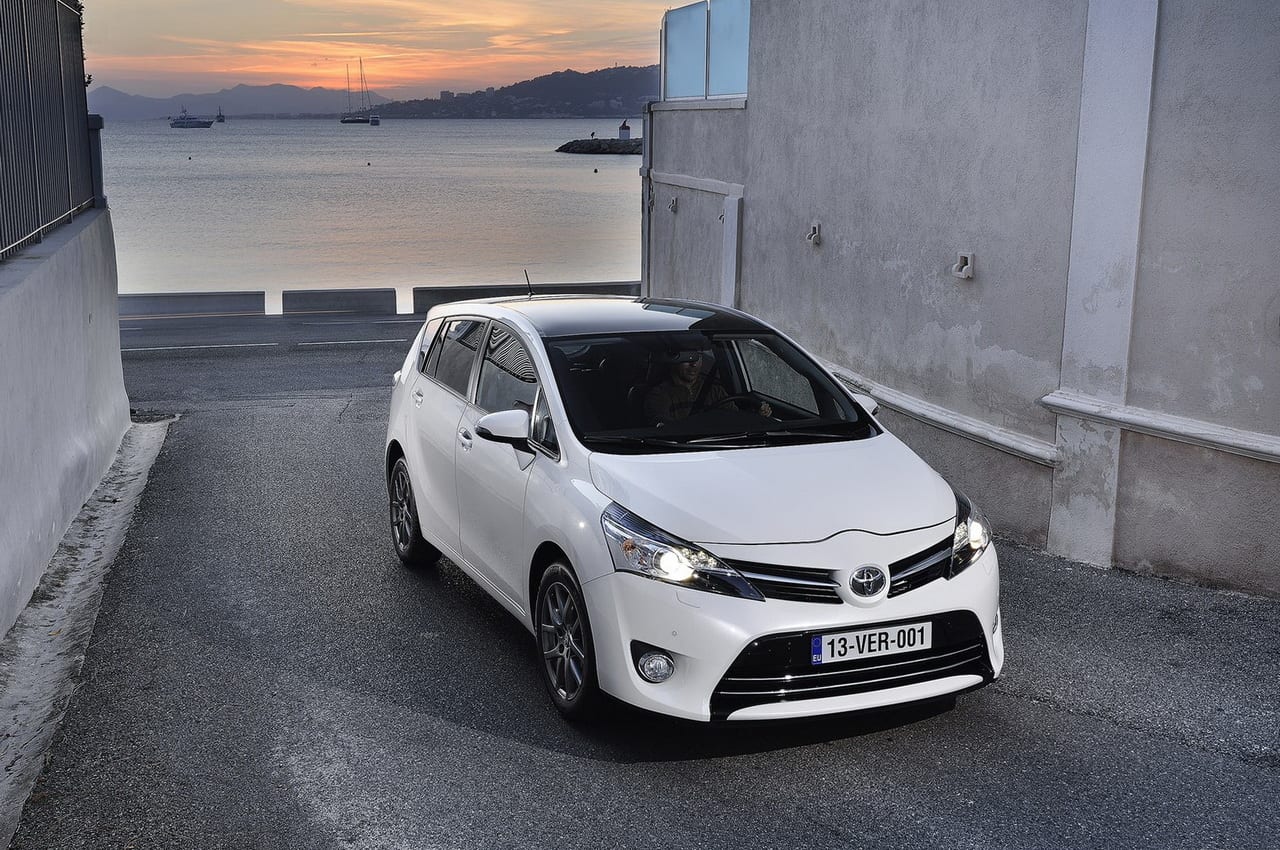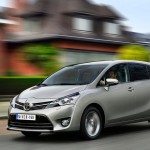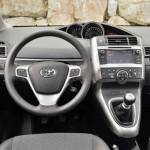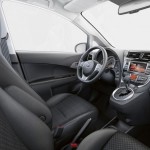Minivans are under attack from new commercial formats. SUVs sweep sales, and such is the success that they have displaced the most traditional segments to the most absolute ostracism. The Toyota Verso is one of the victims of the change in trend. A compact minivan whose history ends in 2018.
We have tested this car:
Test Toyota Verso 130 Advance, engine, driving and consumptionTest Toyota Verso 130 Advance, equipment, price and conclusionsTest Toyota Verso 130 Advance, exterior and interior designTo know the beginnings of the Verso, you have to go back to 1997, when the first generation was launched on the market, which did not reach Europe. At the time, the minivan was known as the Corolla Verso, since it borrowed much of the development of the Toyota Corolla of the time. Before changing its name, the third generation emerged. As of the fourth edition, the Corolla surname disappears, staying with Toyota Verso to dry.
Since then, the surname Verso is the one that accompanies the most familiar Toyota formats, as we can see with the current ones. Toyota Proace City Verso and Toyota Proace Verso. As such, the Verso is established in the market between the years 2009 and 2018, at which time Toyota decides to withdraw it from the market. due to its low sales volume and the growing commercial explosion of SUVs. He does not leave a natural heir, being the current Toyota Prius+ the only one that can be similar.
Technical characteristics of the Toyota Verso
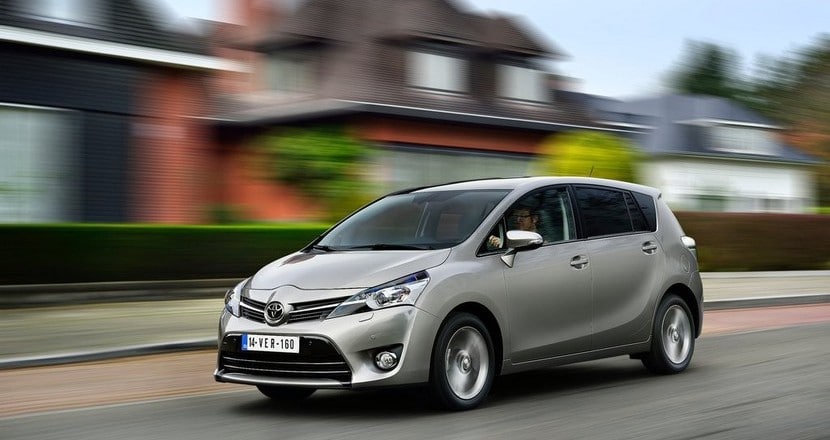
The latest commercial generation of the Toyota Verso is introduced in the year 2013. It is an update of the second edition model presented in 2009. Under its bodywork a medium-sized chassis is established which focuses primarily on maximizing interior space, both for passengers and cargo.
Thanks to its reduced dimensions, the Verso is considered a compact minivan, belonging to the powerful C segment. Its exterior dimensions reach 4,46 meters long, 1,79 meters wide and 1,62 meters high. To these dimensions must be added a wheelbase of 2,78 meters. Battle that allows you to offer an interior space of generous proportions.
Despite being marketed only with one body length, the Verso can offer capacity for five or seven passengers. A third row is optionally included. Two additional seats that are folded in the trunk. In terms of cargo volume The Toyota Verso announces a trunk with a minimum capacity of 440 liters for the seven-passenger version, growing to at least 484 liters in the five-seater format.
Mechanical range and gearboxes of the Toyota Verso
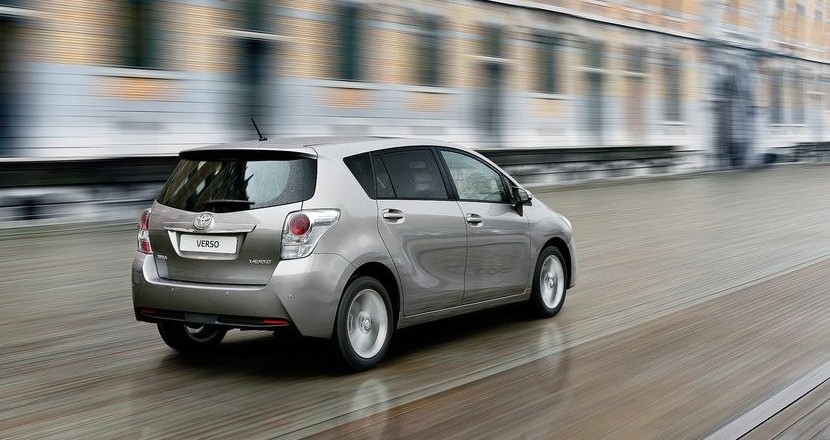
Manufacturers currently use state-of-the-art mechanical systems supported by electrification. Talk about Toyota It is synonymous with talking about hybrids. Although the Japanese brand is known for its efficient mechanics, the Verso has never had this type of unit. The range has always been supported by traditional mechanical solutions, with a wide range of diesel and gasoline engines.
By power the offer starts with the Verse 115D. It uses a 1.6-liter four-cylinder turbodiesel block that develops 111 horsepower and 270 Nm of torque. It is always anchored to a six-speed manual transmission that sends all the power to the front axle. Next, we find the Verso 130 with a 1.598 cubic centimeter turbocharged four-cylinder gasoline engine that develops 132 horsepower and 160 Nm of torque.
Once again the engine is mated to a six-speed manual gearbox. The only variant with automatic gearbox is the Verse 140 MultiDrive. It uses a turbocharged four-cylinder engine with 1.798 cubic centimeters of displacement. develop 147 horsepower and 180 Nm of torque. The gearbox, of the continuous variator type, has several preset multiple gears.
Equipment of the Toyota Verso
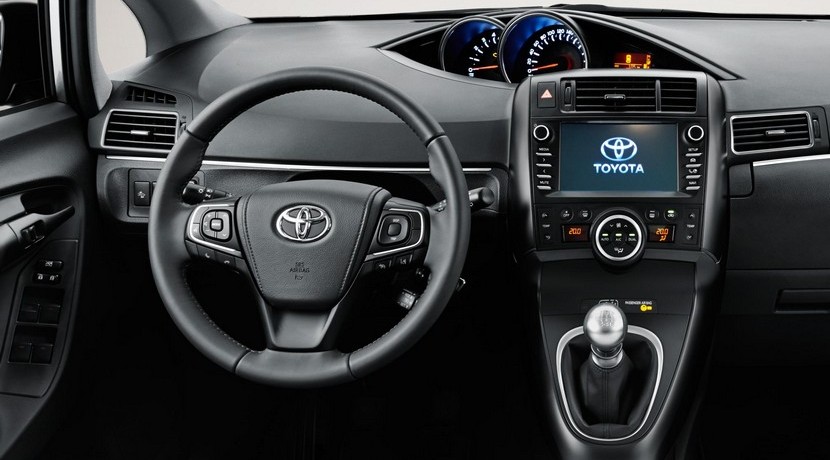
Although the Verso has never stood out for its attractive design, from the inside it cannot be said that it is really attractive either. Simplicity is the general tone. A cabin specially designed for intensive family use. Hard plastics are the general tone, degrading the feeling of quality perceived by customers.
As has always been customary in the Japanese firm, the range of equipment is distributed in different levels. From smallest to largest endowment we find: Business and Advance. The differences between the finishes focus mainly on the technological section, although slight aesthetic modifications can also be seen.
As far as equipment is concerned, the Toyota Verso has never stood out for its technology. Toyota has always sought to offer a contained price at the cost of leaving poorer equipment. Elements such as keyless entry and start, dual-zone climate control, panoramic roof, multimedia system with touch screen, browser, Bluetooth and a multitude of airbags distributed throughout the interior stand out.
The Toyota Verso according to Euro NCAP
The Toyota minivan achieved the highest score, 5 stars, in the European Euro NCAP safety tests. Despite the fact that the restyling version of the Japanese model does not have a specific test, the only test that the Japanese carried out was on the pre-restyling third-generation model in 2010. In terms of specific safety sections, it achieved scores of 89% in the case of protection for adult occupants and 75% for children, while safety for pedestrians was 69% and the operation of security systems achieved 86%.
The Toyota Verso of Km 0 and second hand
The years that the Toyota Verso was on sale stood out for its high durability. The signature of the Japanese brand is synonymous with mechanical resistance, adjusted price and correct behavior. All this made the compact minivan achieve interesting sales figures. Many of these units have ended up in alternative sales channels, where exposed units show approximate depreciation of 28%.
Having ceased production in 2018, the Km 0 market is non-existent, with the entire offer focusing on the used and second-hand channel. Many possible alternatives. The cheapest units date from the first generation, when it was still known as the Corolla Verso. Prices start in amounts close to 2.000 euros. More modern models, already named Verso, are offered from 4.000 euros.
Rivals of the Toyota Verso
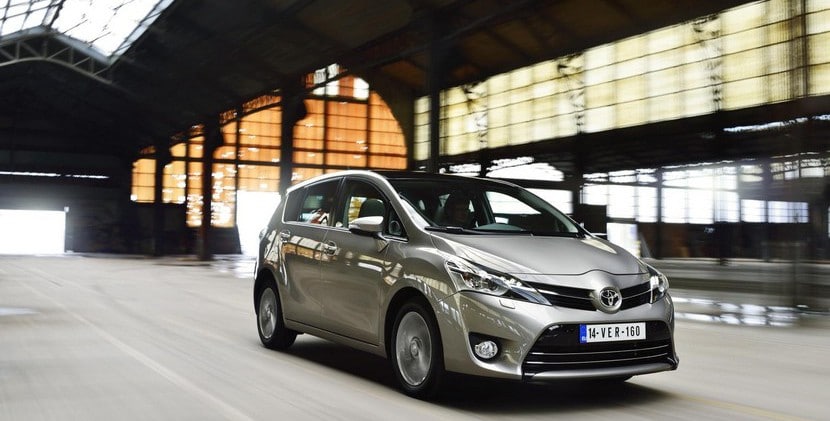
The Verso is not the only model in the minivan landscape that has disappeared from the market. Many factories have ceased production of their MPVs. Despite this, several units remain alive today, although the bet is focusing on family versions derived from light industrial vehicles. The most direct rivals of the Toyota Verso are: Renault scenic, Citroen C4 SpaceTourer, FIAT 500L, Volkswagen Touran, Dacia Lodgy y Sangyong Tivoli Grand, among others. All of them without rivals for family concept, although the offer is not always the same.
Highlight
- Interior space
- Price
- Behavior
To improve
- underpowered motors
- poor equipment
- internal quality
Toyota Verso prices
In 2018 the commercial cessation of the Verse takes place. The accumulated years of experience are passed on to other models, leaving behind a long history. At the time of his farewell the starting price of the Toyota Verso was 17.500 euros, without offers or promotions. That value corresponds to a model with 132-horsepower gasoline mechanics, manual gearbox and Business finish. The most expensive of the family was the 150 horsepower diesel Verso with automatic gearbox, seven seats and Advance finish. Its starting price was 25.090 euros, without offers or promotions.
Image gallery
The content of the article adheres to our principles of editorial ethics. To report an error click here.
